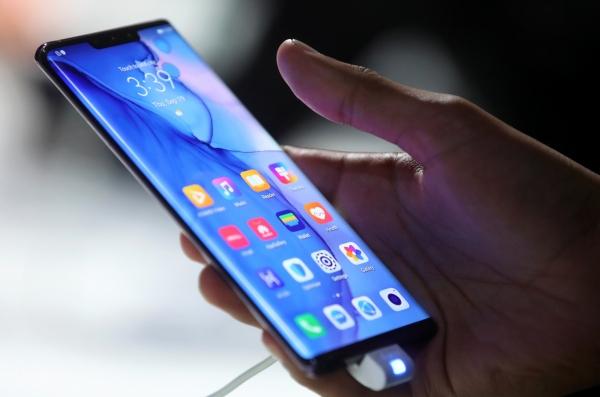An Indian group embracing what is known as "the Jain religion" is promoting a new type of deprivation through a competition called "digital fasting" designed to wean young people off their mobile phones, with the slogan "The mobile phone is a good servant but a dangerous master."
Two thousand young people agreed to be cut off from their mobile phones, PCs and tablets for 12 hours a day for 50 days.
The idea - according to a report published by the British newspaper "The Times" - belongs to Rajesh Kumar Shah, the head of the group in the cities of Ahmedabad and Gujarat, and the purpose of this campaign - which began last July - is to "purify" its participants mentally.
The group, which has become famous in India for its dedication to fasting on birthdays, festivals and holidays, says that this campaign represents an opportunity for young people belonging to it to connect with family, relatives and nature and improve their level of focus.

The idea of the competition is for those who refrain from using phones for 12 hours a day from 9 am to 9 pm to get cumulative points.
Despite the small group, it is rich and famous for its unfamiliar habits and success in the field of finance and business. Those who belong to it are committed vegetarians and use face masks to avoid inadvertently swallowing insects, and some of them avoid eating root plants, claiming that a living creature may be harmed while uprooting these plants from the ground.
For the Jain community, a 12-hour fast means nothing; Their fasting from food may extend for weeks, and some fanatics among them - especially the elderly or the sick - fast indefinitely in order to die, following a tradition called "sansara", that is, weakening the body completely.
One of the group's followers - Yogesh (40 years old), an IT employee who spends 12 hours a day in front of computer screens - suggested adding social media to the list of what they call "Vyasan", which means harmful habits forbidden by the group, which are: adultery, cheating and eating meat. Drinking alcohol, hunting, prostitution and gambling.
Yogesh believes that social media is the most dangerous of all of them because it can lead a person to committing the other seven taboos, and he gives an example of this by saying that a person may start a video game and win points, and then play gambling for money. Yogesh adds that "social media can become an unknown path, and it may lead its owner to death."
The newspaper concludes its article by saying that its attempts to talk to the group's chief, Rajesh Shah, were unsuccessful because his phone was switched off.